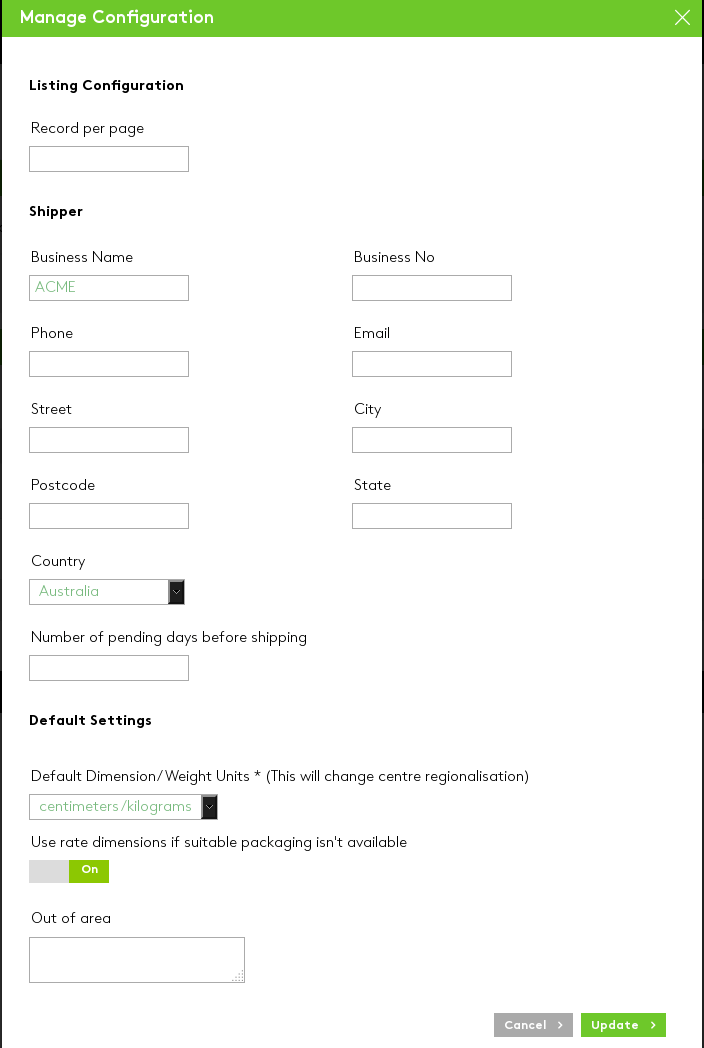Abandon cart recovery
Recover lost sales tool allows businesses to recover lost revenue by sending emails to users who have abandoned their shopping carts with links to complete their purchases. This feature is easy to use and can be integrated into an organization's existing e-commerce platform. In addition to recovering lost sales, the tool provides valuable information about customer preferences and behavior, allowing businesses to improve their email marketing campaigns and overall e-commerce success. Overall, the Recover lost sales tool is a valuable addition for firms looking to boost their sales and improve their e-commerce operations.
.png)






